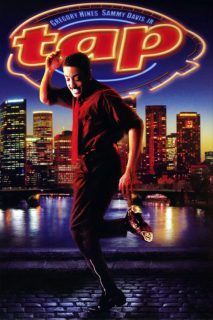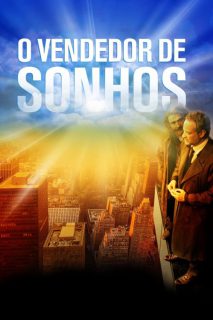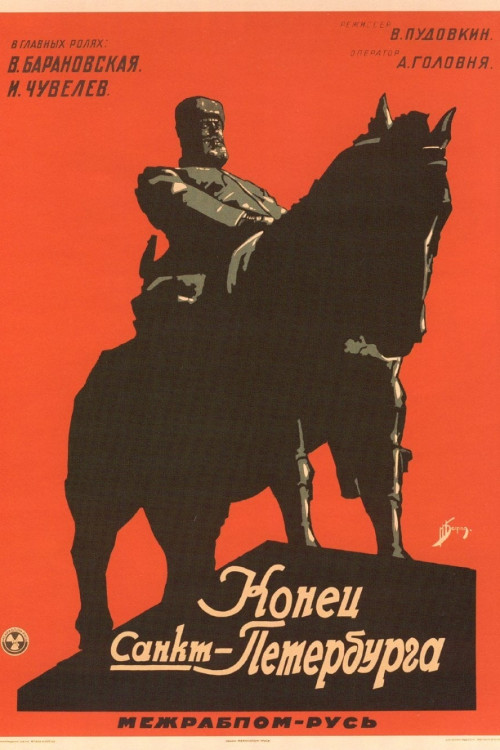
- Year: 1927
- Released: 30 May 1928
- Country: Soviet Union
- Adwords: 1 nomination
- IMDb: https://www.imdb.com/title/tt0018066/
- Rotten Tomatoes: https://www.rottentomatoes.com/m/the_end_of_st_petersburg
- Available in: 720p, 1080p,
- Language: None
- MPA Rating: Not Rated
- Genre: Drama
- Runtime: 85 min
- Writer: Nathan Zarkhi
- Director: Vsevolod Pudovkin, Mikhail Doller
- Cast: Aleksandr Chistyakov, Vera Baranovskaya, Ivan Chuvelyov
- Keywords: revolution, soviet realism,
 | 7.3/10 |
 | 86% – Critics |
 | 83% – Audience |
The End of St. Petersburg Storyline
A peasant comes to St. Petersburg to find work. He unwittingly helps in the arrest of an old friend who is now a labor leader. The unemployed man is arrested and sent to fight in World War I. After three years, he returns to rebel.
The End of St. Petersburg Play trailer
The End of St. Petersburg Photos
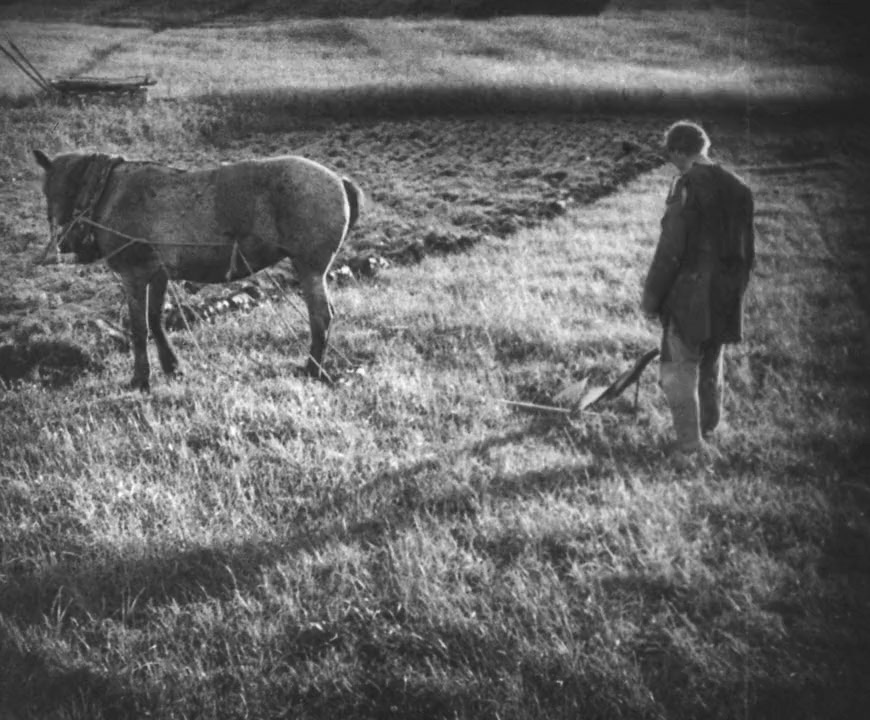
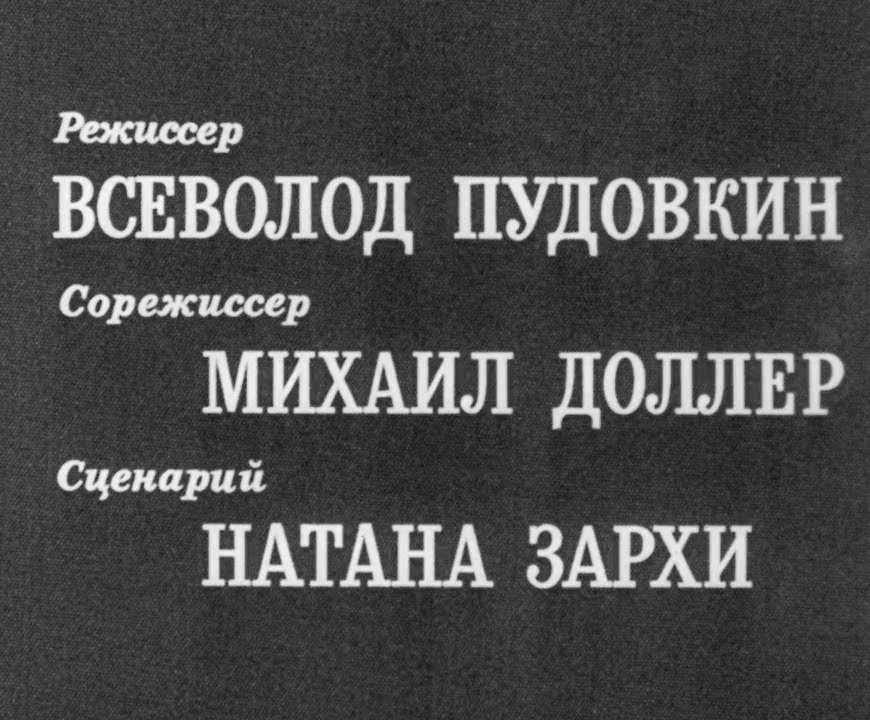
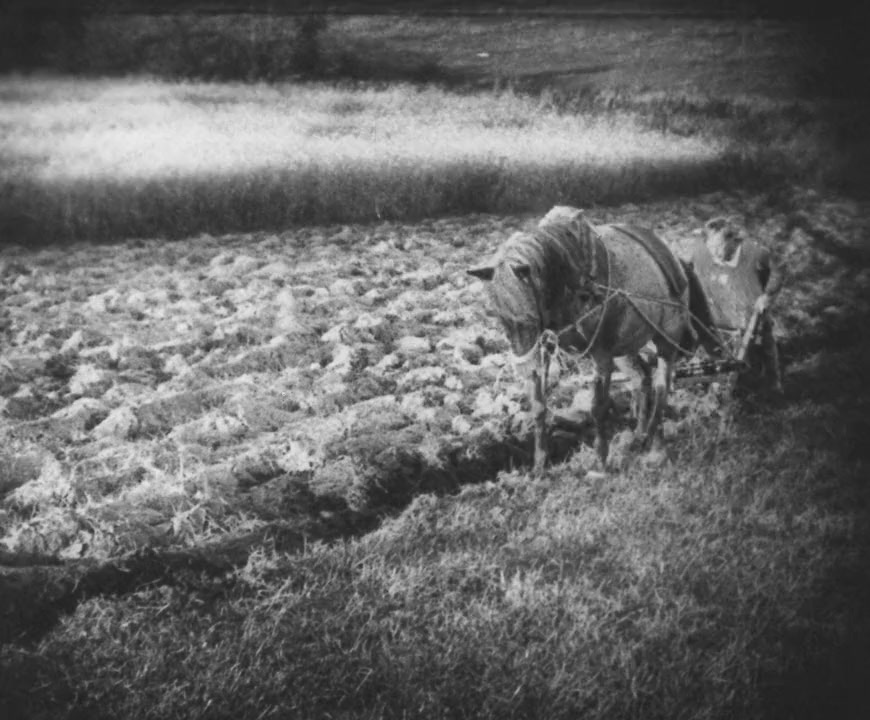
The End of St. Petersburg Torrents Download
| 720p | bluray | 673.76 MB | magnet:?xt=urn:btih:1A34D4AA5C261D78607B1262E47AE4007AA02BEC | |
| 1080p | bluray | 1.22 GB | magnet:?xt=urn:btih:73F94613BF1BD67B7E341A61DC9B35870934811E |
The End of St. Petersburg Subtitles Download
The End of St. Petersburg Movie Reviews
Those Darn Capitalists!
I have to say that I was quite captivated by this film, and, of course, I found myself rooting for those poor Soviets. The symbol of the boiled potato which at first barely fed two people, finally being shared by the communists is quite striking. The film is visually wonderful. Both Poduvkin and Eisenstein have this thing for wonderful faces, with character and pain. Of course, everything is exaggerated. Those guys at the stock market, feasting on the spoils of the country while the proletariat slaved in the factories is brought to us with an incredible heavy-handedness. These must have been used extensively for propaganda purposes and must have had people up in arms. There are good performances and all the communist symbolism one could hope for. Unfortunately, not everything panned out quite so well a few years later, with the oppressed back under the heel of those who abuse power. See this film, however, and consider the plight of the poor of Russia, stuck under the Tsar and the fat cats.
“What are we dying for?”
Welcome to a dark and joyless Russia in the days before its revolution.
This is a place where, if you manage to survive childbirth, all you get is a yowling, extra mouth to feed. If your man doesn’t work, you starve.
Rabid for profits, industrialists seek higher production by lengthening shifts at the local, hellish factory.
When the workers proclaim, “We’re on strike,” it sounds triumphant, but fear abounds.
“Soon we’ll have nothing to feed our faces,” says a unionist’s wife (Vera Baronovskaya). “In a week, we’ll be dead from empty bellies.”
Directors Vsevolod Pudovkin and Mikhail Doller create tension by showing one class conflict after another. When the moneyed class brings in strikebreakers, the viewer braces for violence. But the workers really don’t want to hurt one another.
“Brothers, you’re going against your own people!” a striker shouts.
The acting in this silent film is stark and expressive. In particular, Ivan Chuvelyov does well as a peasant who unwittingly betrays a unionist. When he realizes what he’s done, he attacks his “betters,” winds up in police court, and dares to defend the workers’ advocate: “He’s got kids sitting at home with nothing to eat!”
For his courage, the peasant gets his face smashed and a trip to the Great War front (“Enlist this one as a volunteer,” snarls a cop).
This movie, produced to commemorate the tenth anniversary of the revolution, aired on the network of the City University of New York. With class conflict a theme in the presidential election, this film is worth a view.
Startling early Russian silent
Wow!! I wasn’t expecting something like this. Quite frankly, silent Russian directors make American directors of the same era look anemic by comparison.
Nearly every shot in this film is poetry – beautifully composed, lit, not over-acted (like so many silents), simple, and brutally powerfully. The faces, the atmosphere. Vsevolod had an AMAZING eye for composition. The close-ups are gorgeous and intense and fiery and the wide shots are breathtaking in the way they emphasize man’s fragile diminutive size.
Of course, this is a propaganda film, so the upper class are portrayed as fat, hysterical beast-people and the lower-class are all rough-hewn and beautiful, but WHO CARES when the movie is this good! And this is during the age of Eisenstein so the quick-cut editing comes into play during the end with the big overthrow of St. Petersburg with great edits that are nearly subliminal.
Wonderful stuff
